Eritrea Live Interview to Yemane Ghebreab
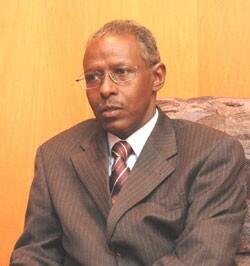
Asmara, Eritrea Live Interview to Yemane Gebreab, head of Political Affairs for Eritrea’s leading political party, PFDJ
1993-2013 an important anniversary for Eritrea, twenty years of independence conquered through a very hard struggle and many dead. The Economist Dambisia Moyo wrote that the western mentality considers erroneously that to a multi-party democracy corresponds the existence of the best institutions, whereas these are not the synonymous. Foreign countries accuses Eritrea for having “close” the country, by excluding the (western) democracy, which is the Eritrean Government’s opinion about?
Eritrea stands for genuine democracy, which it considers to mean “Government of the people, by the people and for the people.” It disagrees with those who claim that democracy is mere procedures- regular multi-candidate elections with universal suffrage – irrespective of the substance of the government that is “elected.”
This combined with the fact that such elections in the developing countries are almost always based on a combination of ethnicity/tribalism, money and foreign interference amounts to a mockery of democracy, even of the procedural variety.
Eritrea firmly believes that building genuine, sustainable democracy is an internal and protracted political, economic, social and cultural process. To this end, it is fostering very broad political participation of Eritreans inside and outside the country, the consolidation of organizations of youth, women, workers and professionals, equitable economic development throughout the country, promotion of education, respect for the dignity, rights and equality of citizens. It is also building on a sound basis the country’s political, administrative and judicial institutions.
Westerners do not expect developing countries to catch up economically with the rich countries in the foreseeable future and yet they insist that they must immediately have the same “democracy.” This is forgetting their own history and experience.
Is Eritrea isolated?
Objectively Eritrea is not isolated.
Most importantly, the government enjoys the support of the overwhelming majority of Eritreans inside and outside the country. Externally, it is not subservient to anyone and follows an independent foreign policy based on mutual benefit and regional peace and stability.
It accepts international rulings as was the case in its border dispute with Ethiopia. It enjoys good and cooperative relations with most of its neighbors in the Horn of Africa and the Gulf region as well as key members of the international community. It is also attracting increasing foreign investment in the mining, energy, manufacturing, tourism and infrastructure sectors.
Unfortunately, the image of Eritrea portrayed by some in the Western countries is at variance with this reality. This is mainly due to the hostility of the United States, which historically has sided with successive authoritarian governments in Ethiopia at the expense of the aspirations of the Eritrean people.
On Somalia, where Eritrea’s position has been misunderstood, Eritrea strongly supports the current Somali government, appreciates its efforts to reach out to all Somalis and opposes negative intervention in Somali affairs.
In Eritrea there are workers unions, women and youth associations, education is guaranteed to anybody as well as health care. Markets are plenty of goods, food self-reliance has been achieved; how it is possible that GHI 2013 (Global Index Forum) compiled a list ranking the country to the bottom? Reporters Without Borders, which, by the way, Human Right Watch sees Eritrea as an “open-air prison”.
What goes wrong with these organisations ?
There is much that is positive in Eritrea.
In addition to what you have mentioned, Eritrea is one of five African countries which are on target to meet the Millennium Development Goals.
It has the highest life expectancy in Africa. In a region racked by religious and ethnic conflict, it is exceptional in the harmony between religious faiths with mosques, churches, cathedrals and the odd synagogue coexisting peacefully with each other. Eritreans have unfettered access to all satellite channels. There is an internet café in almost every corner of the capital.
We Eritreans readily acknowledge that we have our share of problems and shortcomings. We are a self-critical people, because we believe complacency is wrong and our people deserve better. We welcome objective criticism from others and expect them to also acknowledge our substantive successes.
We believe Eritrea’s detractors would be more credible if they presented a balanced picture of Eritrean reality. Unfortunately they seem to be too willing to serve the political agendas of those who finance them, overeager to play the tune they pay them to play.
What is significant is that these same organizations were overzealous in praising the same Eritrean government when we had good relations with the United States.
Eritrea had, before other countries, courage to ban from the country non-transparent ONGs. June this year Minister Riccardi, during an official visit in Eritrea, spoke with President Isaias Afwerki and agree a co-operation between Eritrea and Italy. Will it be no more a elemosynary co-operation? In line with the development needs of the “receiving country”, as declared in the International Co-operation Forum of October last year?
Eritrea’s external cooperation is based on the concept of partnership. We believe that the donor-recipient paradigm has failed and is outmoded. Cooperation can only work if there are mutual interests. That’s why we focus on trade and investment and not on handouts which create dependency.
Both Europe and Africa are changing as is the rest of the world. There is a significant shift in the global economic situation. Today Europe needs Africa, probably as much as Africa needs Europe. Unfortunately old habits persist and many European countries seem to live in the past.
Eritrea believes that we need to forge a new relationship and partnership consistent with present trends. It will pursue its relations with Italy, with whom it enjoys historic ties, and other countries in this spirit.
Marilena Dolce
@EritreaLive
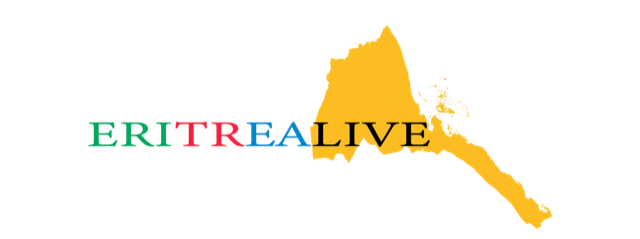

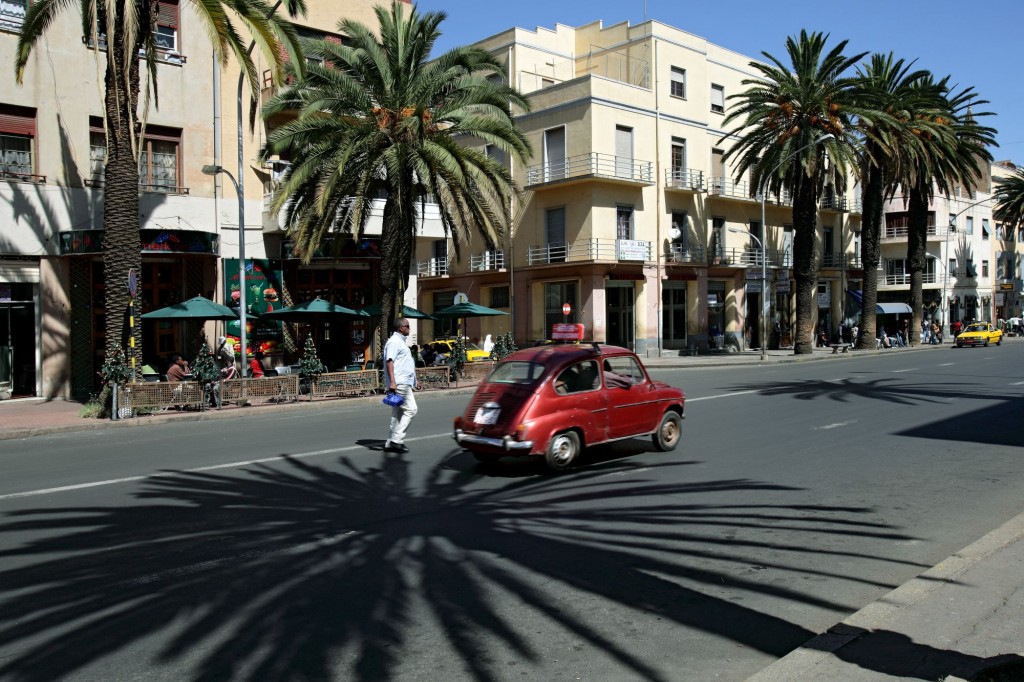
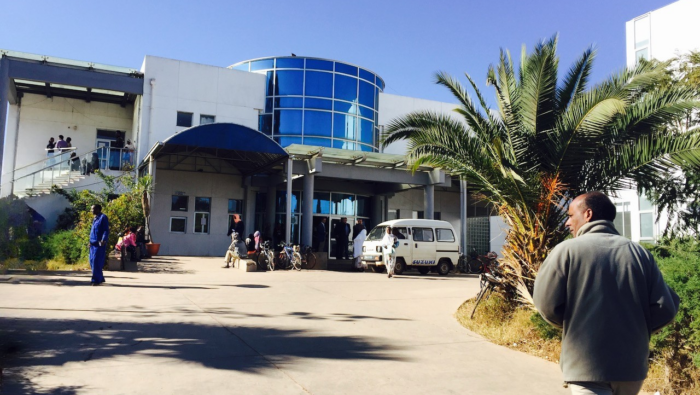
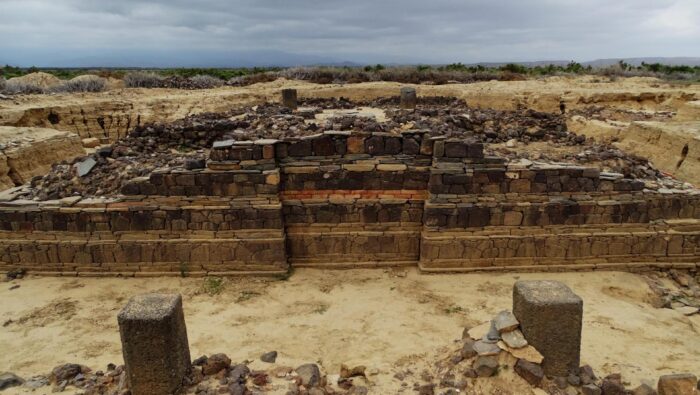
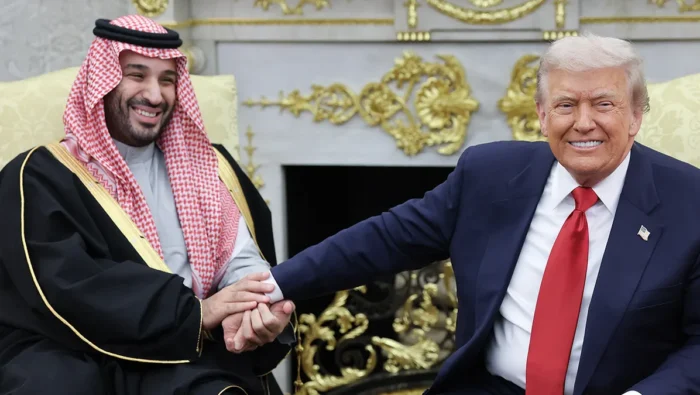
Lascia un commento